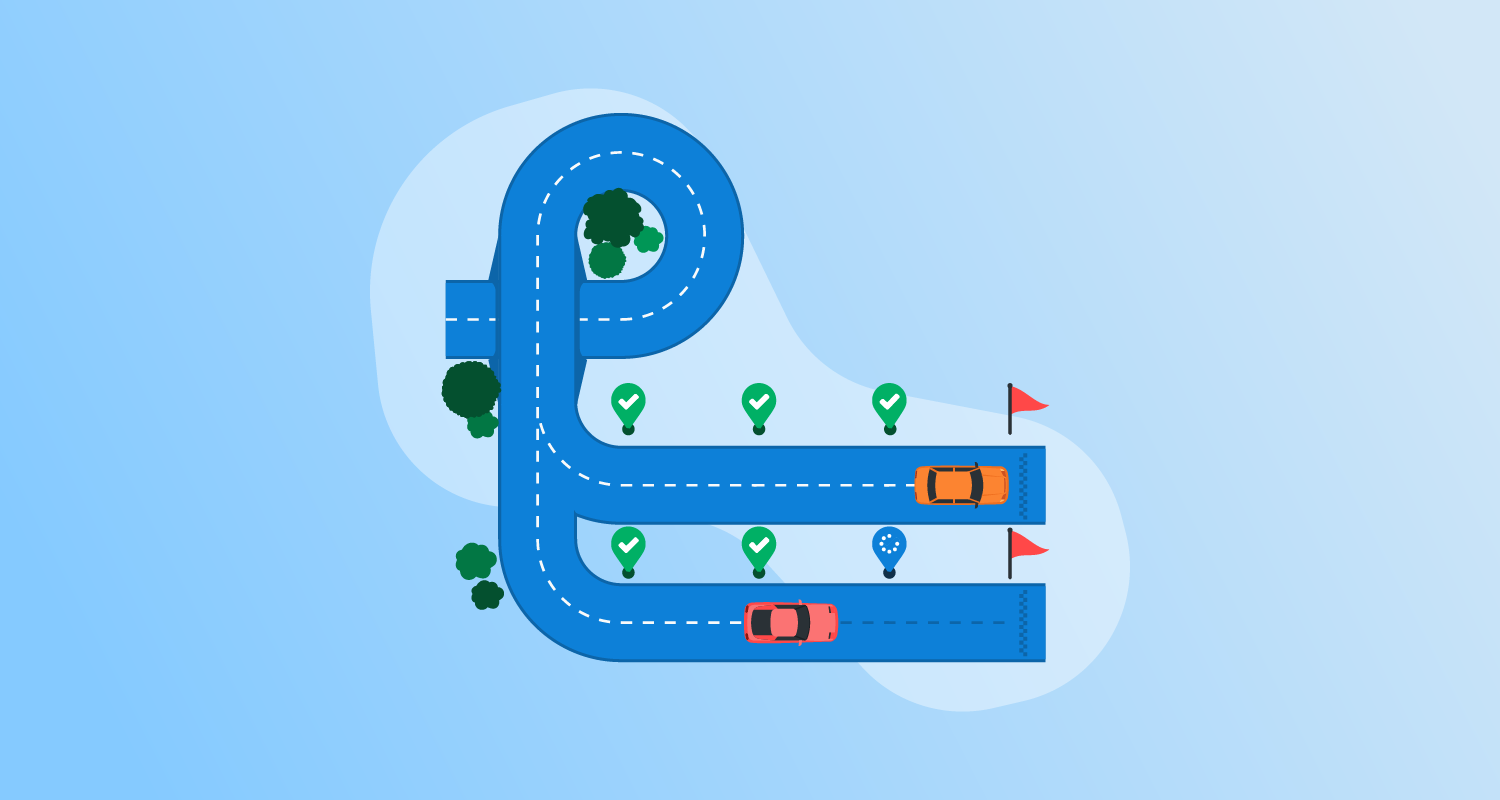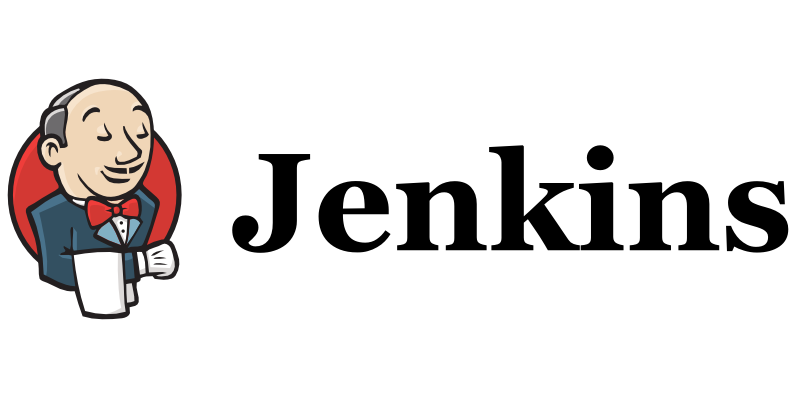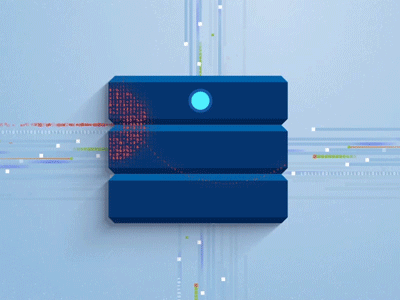Overview
Jenkins: Pros/cons, installation, and 8 modern alternatives
Jenkins is an open-source automation server used for Continuous Integration (CI) and Continuous Delivery (CD) in software development.

Jenkins is an open-source automation server under MIT license with 700+ contributors, is platform-independent, features controller-agent architecture with distributed builds and is extendable with 1,800+ plugins.
What is Jenkins and How Does It Work? | Definition from TechTarget
Jenkins is a DevOps tool for continuous integration and delivery workflows. Learn its history, how plugins enhance it, and its advantages and disadvantages.

Jenkins, which was forked from the Hudson project due to a disagreement with Oracle and is now managed by CD Foundation (Linux Foundation), is an extensible automation tool that supports rich scripting and declarative languages with an unopinionated architecture suitable for most environments.
- Jenkins is unopinionated because it doesn't push a specific methodology, so it supports Maven and Gradle, or Docker and VM.
- Jenkins allows you to write complex pipelines as code and build powerful scripts using the Groovy language.
Top 5 benefits of Jenkins for CI/CD pipelines | TechTarget
These five benefits of Jenkins are why many DevOps teams choose the open source automation server. Learn more about why Jenkins shines with plugins and integrations, being open source, hosting options, community support and integration with other CI/CD platforms.

Jenkins' 5 main benefits are procurement, plugins, hosting options, community, and integration, featuring critical plugins like Dashboard View, Test Analysis, and Build Pipeline, along with bidirectional integration with Azure DevOps.
Bidirectional integration with Azure DevOps :
Jenkins → Azure DevOps:
Build results are sent to Azure DevOps and test reports are viewed in Azure DevOps.
Azure DevOps → Jenkins:
Code updates trigger Jenkins builds, work items in Azure DevOps are connected to Jenkins builds, and Jenkins jobs are started from Azure DevOps.
Industry Examples And Use Cases :
Research On The Industry use cases of Jenkins
What is Jenkins? Jenkins can be termed as an automation tool that is used by DevOps teams looking to bring continuous integration into their projects. It is open-source software that is built in Java.

59,079 companies use Jenkins, with the majority being located in the United States in the Computer Software industry, ranging from companies with 10-50 employees and 1M-10M dollars in revenue, indicating widespread adoption.They include big tech companies like Facebook, Netflix and Udemy.
Netflix uses Jenkins for large-scale operations and high-quality streaming, Uber uses it for global operations and complex tech ecosystem, LinkedIn uses it for professional networking platform security, and they gain competitive advantage with security checks and compliance integration.
Jenkins System Architecture and Components
Using Jenkins agents
Jenkins – an open source automation server which enables developers around the world to reliably build, test, and deploy their software

Jenkins was designed for distributed build environments where the controller schedules jobs and monitors agents, agent connections are established via SSH or JNLP methods, and it works with physical machines, VMs, Kubernetes, and Docker, but requires Java installation and network connection.
Jenkins and AWS Integration
Building a serverless Jenkins environment on AWS Fargate | Amazon Web Services
Jenkins is a popular open-source automation server that enables developers around the world to reliably build, test, and deploy their software. Jenkins uses a controller-agent architecture in which the controller is responsible for serving the web UI, stores the configurations and related data on disk, and delegates the jobs to the worker agents that run […]

Jenkins controller works with Amazon EFS persistent storage behind Application Load Balancer, builds are made on Docker-based agents with Amazon ECS Fargate plugin, FARGATE and FARGATE_SPOT capacity providers provide cost optimization, each Jenkins build runs in dedicated Docker container and automatically deleted after build, and AWS Cloud Map provides service discovery and Terraform module provides full automation.
CI/CD pipeline from GitHub to AKS using Jenkins
Tutorial - Deploy from GitHub to Azure Kubernetes Service using Jenkins
Learn how to configure Jenkins for continuous integration (CI) from GitHub and continuous deployment (CD) to Azure Kubernetes Service (AKS)

Setting up CI/CD pipeline from GitHub to AKS using Jenkins; Azure Vote sample app triggers Jenkins via GitHub webhook, Jenkins builds Docker image and pushes to ACR, then deploys to AKS cluster using kubectl, Service Principal provides ACR authentication and creates fully automated GitHub → Jenkins → ACR → AKS flow.



























Discussion